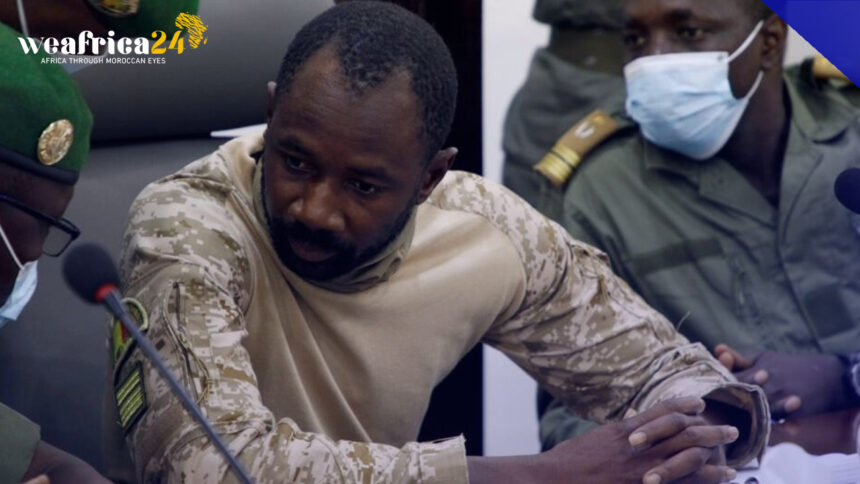Ten days after the end of the transition period, authorities continue to remain silent. A presidential decree officially set the deadline for March 26th, but with the presidential election indefinitely postponed, the Malian transitional authorities remain de facto in power.
Over the past ten days, calls have intensified for the organization of elections and a swift return to constitutional order. Supporters of the authorities are attempting to justify this legal vacuum.
In Mali, the transitional authorities simply carry on as if nothing has changed. They still do not deem it necessary to comment on the official end of the period they had set. Instead, it is their supporters who, through national media or social networks, attempt to justify the situation. Some organizations aligned with the ruling military advocate for their indefinite continuation, praising their work and explaining that the “mission” they have undertaken – notably securing the country – is not yet completed.
From a legal perspective, an editorial article in the state-owned newspaper L’Essor and members of the National Transitional Council (CNT) argue that the transition charter promulgated nearly four years ago, in September 2020, stipulates that the transition only ends after the election of a new president. The new Constitution promulgated last July “also refers to the electoral aspect,” assert certain voices within the CNT.
Since the presidential election, which was supposed to mark the return to constitutional order, has not been held, the transitional period would automatically and legitimately be extended. Therefore, the debate would not be warranted and would only be fueled by enemies of the nation, or even instrumentalized by foreign powers.
Facing the Malian People
However, in a unified approach unprecedented since the military coup in August 2020, almost all political parties and civil society organizations in Mali denounce a situation of “legal and institutional vacuum” and call for the organization of the presidential election “as soon as possible.”
This position was expressed in a joint statement on Sunday, March 31st. It is based on legal arguments put forward by numerous Malian lawyers, magistrates, and prosecutors, who recall that the March 26th deadline was set by Colonel Assimi Goïta himself, through a presidential decree. This commitment was made two years ago, after an initial postponement, both institutionally and morally, before the international community, but above all, before the Malian people.







